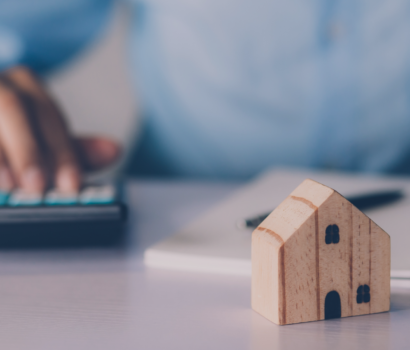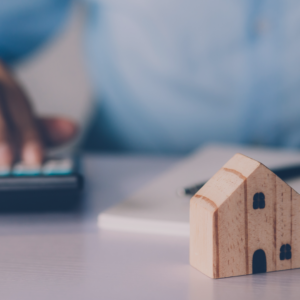Exploring how to cope with the process effectively for your unique circumstances
Knowing where to start if you’ve never applied for a mortgage can be challenging. Navigating the myriad of options, jargon, and financial commitments can feel overwhelming. However, understanding the essential steps can significantly ease the stress and smooth the journey.
This article explores how to cope with the mortgage application process effectively. From learning how to budget, checking your credit history, and saving for a deposit, these tips will stand you in good stead in choosing the right mortgage deal. Whether you’re a first-time homebuyer or looking to refinance, we’ll guide you to make informed decisions every step of the way.
By following these practical tips and understanding what to expect, you’ll be well-equipped to embark on your mortgage journey with confidence.
Budgeting
Start your mortgage journey by establishing a budget. Understanding how much you can afford to spend on your monthly mortgage is crucial.
Review your bank statements and assess your income and expenses accurately, including any current financial commitments. Use an income-based calculator to estimate the mortgage size that suits your income and financial goals.
Assessing your credit history
Lenders assess your credit history to evaluate your financial responsibility. They’ll obtain a copy of your credit report from reputable credit reference agencies like Experian or Equifax.
Review your credit history before applying for a mortgage to identify any potential issues affecting your chances of acceptance. For instance, close any unused credit card accounts that may negatively impact your credit score. Simple steps like registering on the electoral roll can also enhance your rating.
Evaluating your deposit size
Your deposit size significantly influences the mortgages you can apply for. You’ll typically need a minimum deposit of 5% of the property value to qualify for a mortgage. Remember that additional costs like stamp duty and conveyancing fees should be considered when planning how much money you need to save.
Saving a larger deposit widens your mortgage options and grants access to better interest rates, so prioritise saving up as much as possible.
Obtaining a Mortgage in Principle
Before submitting a full mortgage application, getting a Mortgage in Principle (MIP) from a lender is a good idea. This gives you an idea of the mortgage amount they may be willing to offer you.
To get an MIP, you’ll need to supply basic information such as income and desired loan amount, and the lender will conduct a credit search through a credit reference agency. Remember, an MIP does not guarantee mortgage approval but strengthens your credibility as a serious buyer.
Choosing the right mortgage
When choosing the right mortgage for you, consider the type of mortgage deal that suits your requirements. Fixed-rate mortgages offer stability with consistent monthly payments, whilst flexible deals enable substantial overpayments.
We can guide you through the available options based on your unique circumstances and support you throughout the application process, ensuring a smooth experience from start to finish.
Preparing your paperwork ahead of time
To speed up your mortgage application, prepare all necessary paperwork in advance. Lenders typically require proof of income and outgoings, including childcare costs and utility bills. Gather recent payslips or annual accounts if you’re self-employed and bank statements reflecting your monthly expenses. Remember also to prepare photo identification, such as your passport or driving licence, and recent utility or council tax bills to verify your address.
Looking for expert guidance to improve your mortgage application chances?
Please get in touch with us for further information or assistance with finding the right mortgage. Our experts are here to help you every step of the way. Speak to our team to discuss your options.







